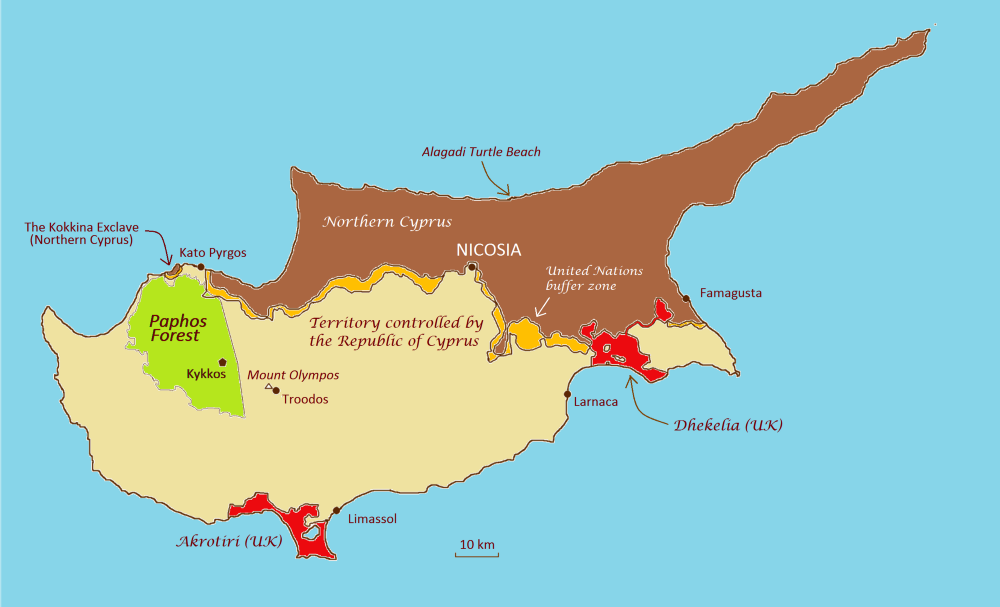Foreign Minister Nicos Christodoulides on Monday said he fears Turkey might annex the north within a couple of years if there is no solution to the Cyprus problem.
Citing assessments within the international community, the foreign minister expressed his personal concerns during a meeting at the House finance committee that there was risk of Turkey annexing the north if no solution is found by 2023, the year Ankara marks the 100-year anniversary since the establishment of the Republic of Turkey. The minister was presenting his ministry’s budget for 2021.
“Unfortunately, the occupied areas [of Cyprus], areas in northern Syria, areas in northern Iraq are all potential targets for Mr Erdogan and this is something that should trouble us and of course we are concerned,” Christodoulides told MPs.
Unprecedented provocations by Turkey throughout the area and in Cyprus continue, the minister said, and according to the international community’s assessments, this was “due to Erdogan’s neo-Ottoman approach” in light of the 100-year anniversary since the establishment of the Republic of Turkey, and its effort to lead the Muslim world, as well as the economic crisis the country is facing.
As regards the talks, he said that according to the information available, UN special envoy Jane Holl Lute, is expected to visit Cyprus at the end of November in an effort to bring everyone on board for convening an informal five-party conference either at the end of December or in January, in order to announce the start of substantive negotiations.
The real effort started last week after Lute’s contacts with the three guarantor powers, he said, and is expected to be completed by the end of November or early December.
“Apart from our readiness to resume talks, our reaction focuses on using all means available to the foreign ministry, particularly in the EU, despite inherent weaknesses due to member-states’ interests with Turkey,” the minister added.
He pointed, moreover, to the importance of decisions during December’s European Council. “No one can tell how partners in the EU are expected to act,” he added.
Speaking about developments in Varosha, and the Turkish president’s visit there on Sunday, the minister said that there have been interventions by the EU, UN Security Council permanent members and the UN Secretary-General himself, who “spoke with Turkey in order for this visit not to take place”.
Source: Cyprus Mail



